
To many Retraction Watch readers, the name Rolf Degen will sound very familiar – for the last few years, he’s earned quite a few “hat tips” by alerting us to retraction notices published across a wide range of fields of research, as well as research on trends in science publishing. We spoke to him about his passion for “truth, wisdom, and the scientific enterprise.”
Retraction Watch: Your name with be familiar to many readers, so can you tell us a bit about yourself? Continue reading Meet one of science publishing’s sentinels: Rolf Degen
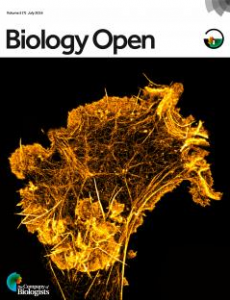

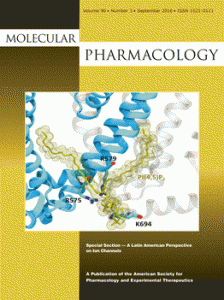


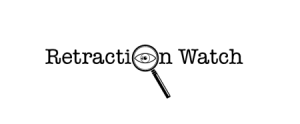
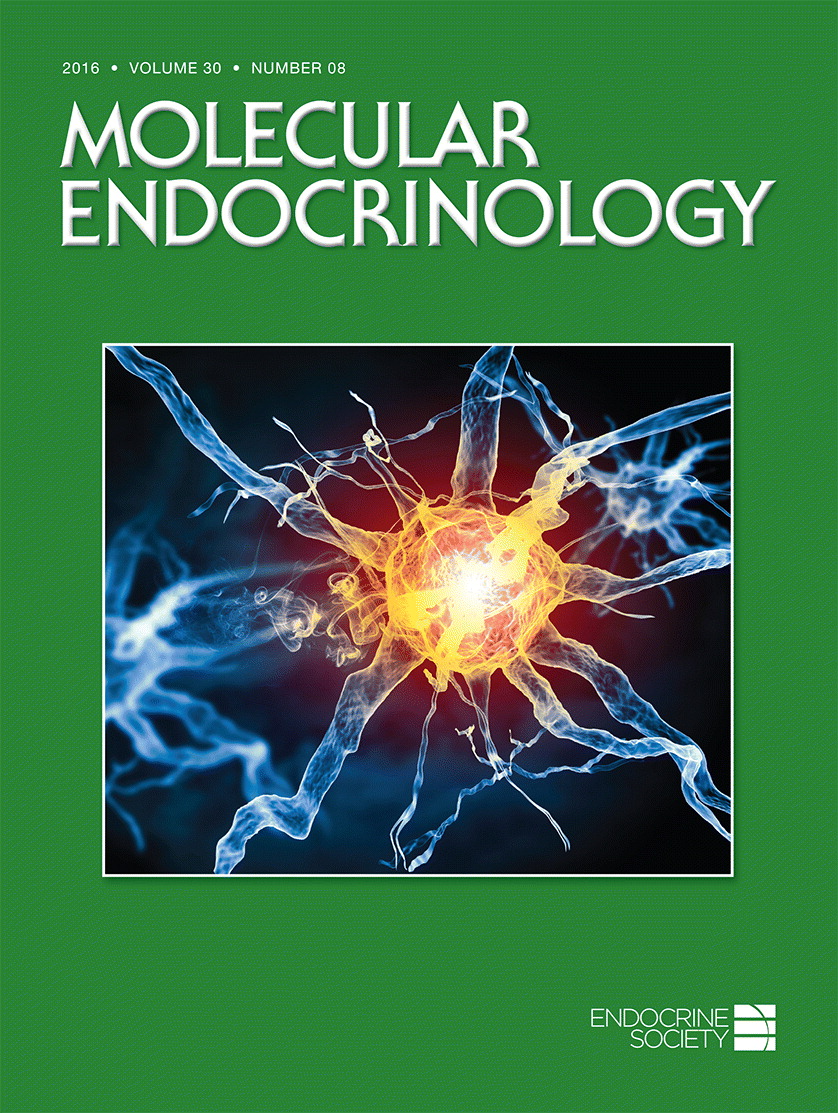 A research fellow at Harvard Medical School
A research fellow at Harvard Medical School 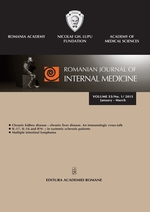
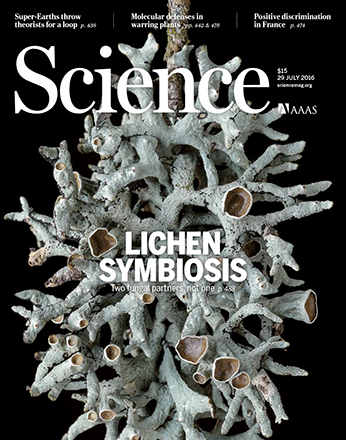 Science is considering adding an expression of concern (EOC) to a June paper that
Science is considering adding an expression of concern (EOC) to a June paper that